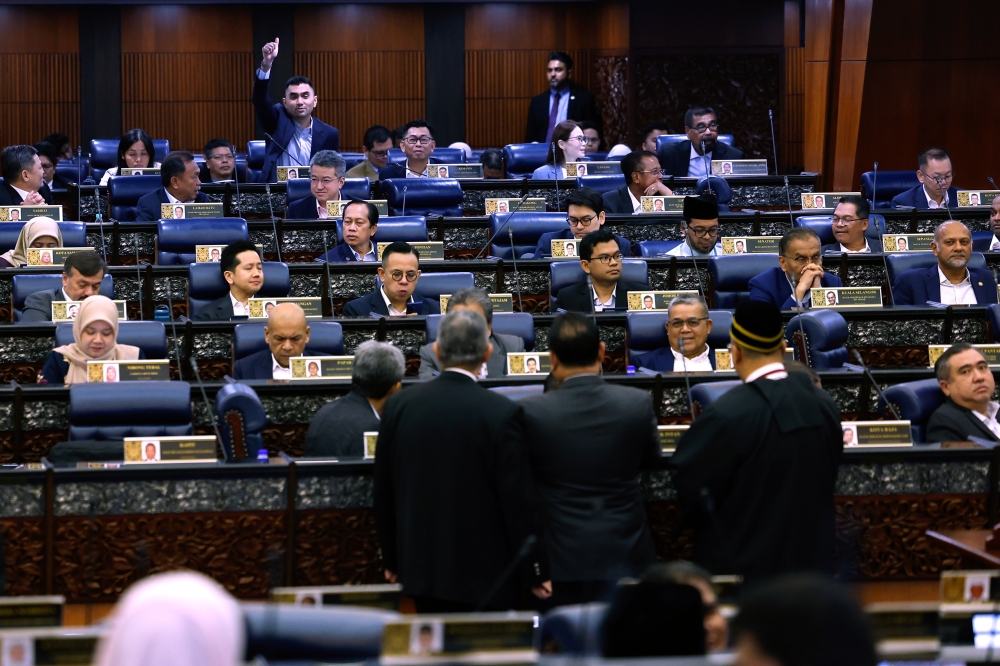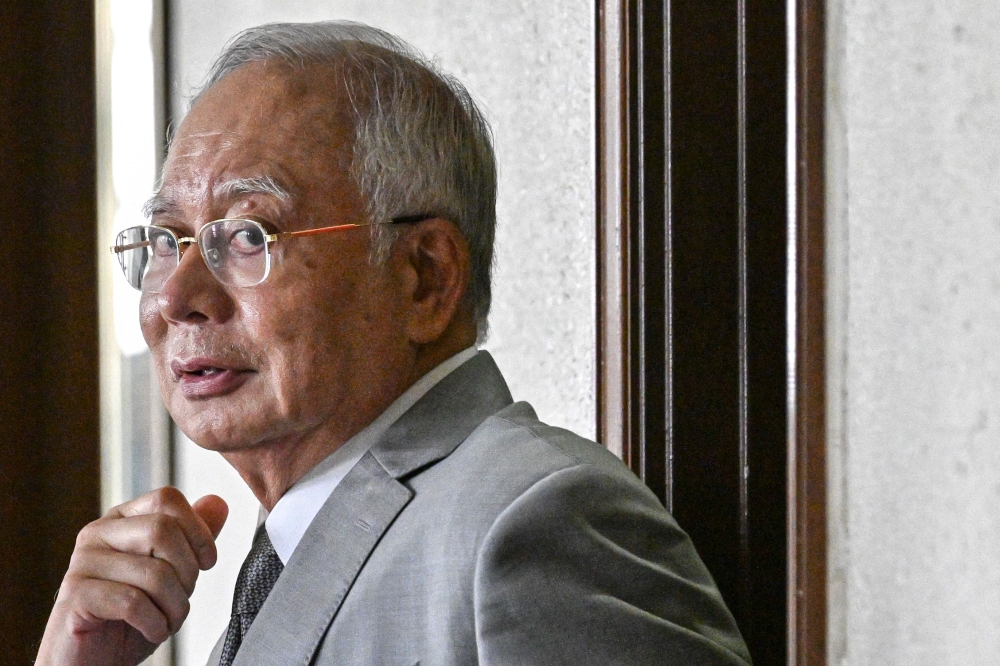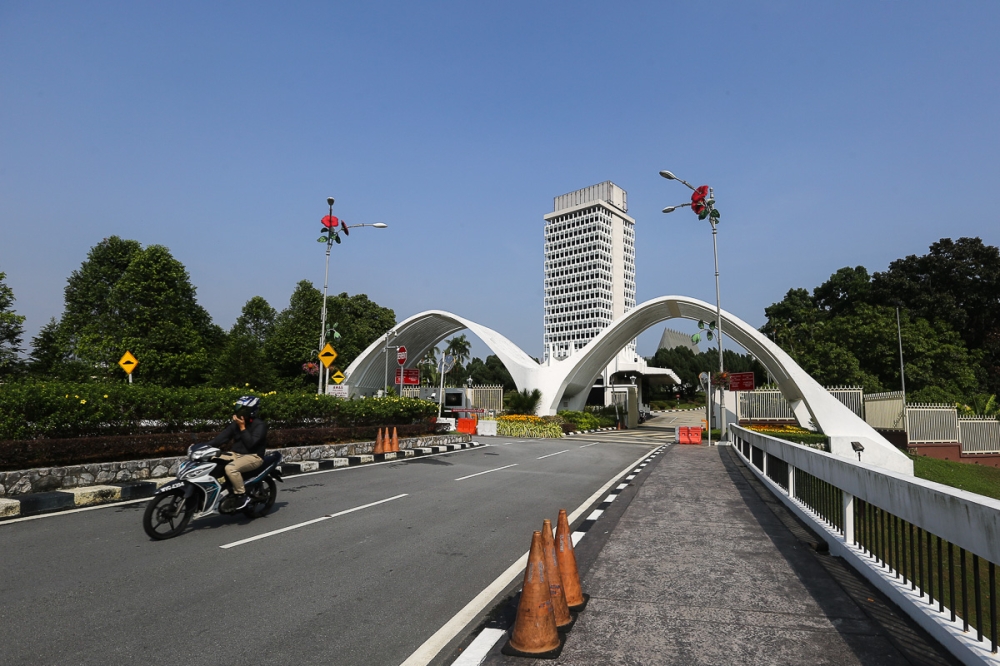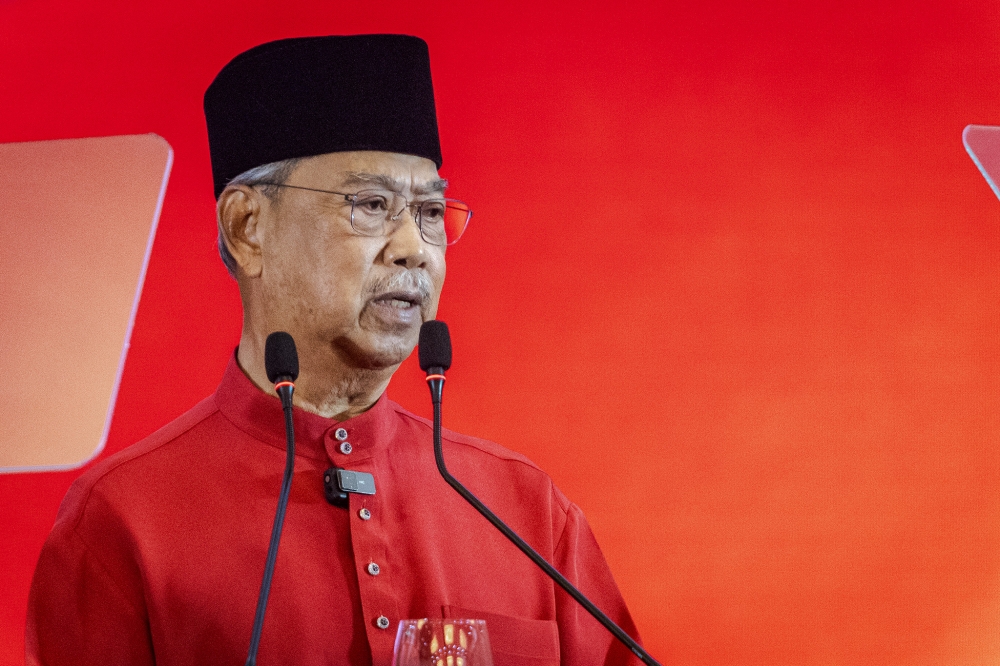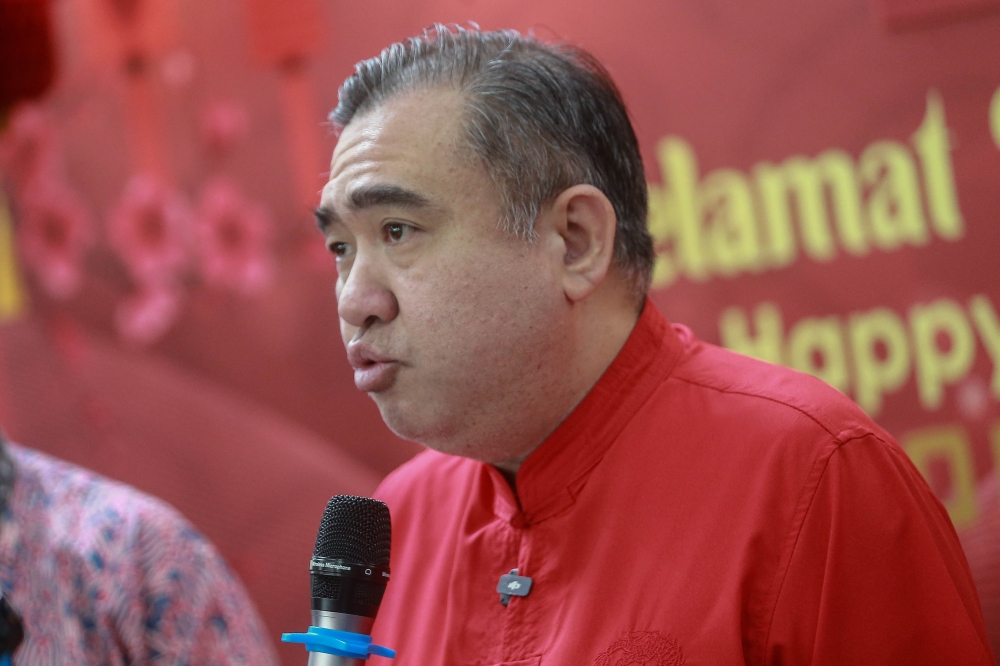JANUARY 19 ― Suicide bombers are literally the foot soldiers of the Islamic State (IS) or al-Qaeda. Expendable yet necessary, they seem to live at the bottom of the hierarchy till they are called up for their two minutes of fame and permanent martyr status.
While there have been reports over the past one year of Malaysians wanting to or actually joining these ranks of IS in Syria, with over 100 being arrested in Malaysia itself, things seem to have revved up recently.
Two Malaysians, aged 21 and 36, were reported to have acted as suicide bombers in separate attacks in Syria and Iraq in the last month. Three Malaysians, including a couple between the ages of 23 and 28 were arrested in Turkey last week while trying to enter Syria and a 27-year-old ex-insurance agent was arrested with alleged plans to attack an entertainment outlet in KL.
The government has been at pains to express their determination to combat the IS threat with heightened intelligence gathering and security postures. What is less talked about is why so many young people from a relatively well-developed, moderate Muslim majority country are willing to take huge risks to join a movement where the most likely outcome is death through violent suicide. Suicide that involves the taking of as many other lives in the process as possible.
What is the attraction in joining what is a complex sectarian, ethnic and nationalistic war full of violence, misery, heat and hunger? What is the appeal of this particular Middle East conflict that has for the first time got young Malaysians trying to kill themselves in places that they have probably never even heard of? What is so wrong about life in Malaysia anyway?
Of course the most obvious answer bandied about is the impact of the propoganda disseminated through social media by IS calling it the sacred duty of Muslims to defend the religion against infidels and “false” Muslims. But is the prospect of killing oneself taken so lightly, or is there an underlying current of despair that the rhetoric strikes a chord with?
Officially, Malaysia follows Sunni Islam of the Shafi’i school of thought, and has banned Shia Islam as “deviant” while encouraging strict adherence to the officially recognised creed. Given the state of politics in the country, Islam has increasingly also become a battleground for political gain.
Rhetoric against minority non-Muslims, portraying them as eager to usurp political power and oppress Muslims has been used frequently of late. The idea of Islam under siege is the thrust of this line of speech.
On the flip side, Malaysian Muslims are ever more exposed to the Wahabi or Arab school of Islam with its more conservative views combined with ever stricter policing of the morals of the Muslim community by Jakim and others with the power to arrest and prosecute religious offenders in special Shariah courts.
As the official worldview narrows and as religious interpretations get stricter, the smaller gets the window for independent thought and action.
From an educational perspective, Malaysia’s education system is heavily biased towards rote learning and complete obedience towards those in authority. Corporal punishment is legal and asking questions is generally not a good idea. Professing independent thought even in tertiary institutions could get professors into serious trouble, let alone students. Gratefulness towards leaders is an expected character trait.
Finally, in economic terms, this is not a good time to be a young Malaysian. Numerous analysts have pointed out the growing unemployability of new graduates due to the mismatch between what is being taught and what is required by industry.
As the economy falters and the intake into the civil service dries up, Malay Muslims who were traditionally absorbed into the Public Sector are finding it harder to find meaningful employment.
So there is a bunch of poorly-educated young people struggling to make ends meet, for whom even simple acts like eating, praying and loving are strictly regulated by society, who tell them that the only way to get into heaven is by complete religious obedience and being grateful to leaders who seem to lead lives at complete variance with the ideals they espouse.
It may be a very small minority but the conditions for utter alienation exist when the gap between the haves and the have nots is vast, when there seems to be no way to achieve success, when it is religiously encouraged to blame problems on others and when the afterlife is made out to be tremendously better than this one.
IS recruitment globally then touches on these very frustrations and offers a simple solution that is not very hard to understand. The war is framed as one against non-Muslims and those that threaten their sectarian interpretation of Sunni Islam, one that promises the massive benefits of martyrdom in the afterlife and freedom from the cares of this life, and one that is full of excitement, religious unity and ecstasy for the short time it lasts. Most importantly, it offers a chance to be somebody in life, and an inspiration to others in death.
If the objective of education was to create a pliant, obedient electorate that accepts economic stagnation and political mismanagement in exchange for stability and religious primacy, it did work for a long time.
But given that the current socio-cultural and socio-economic conditions are not likely to change anytime soon, and the perceived purity and superiority of the IS religious dogma in the eyes of the disaffected, the numbers of those radicalised are not likely to fall anytime soon.
While blind adherence to a doctrine is every dictator’s dream, when that doctrine aligns with a bigger, more attractive cause to people with very little to live for, then collateral damage is inevitable.
Batten the hatches and develop situational awareness, as the experts say.
*This is the personal opinion of the columnist.









